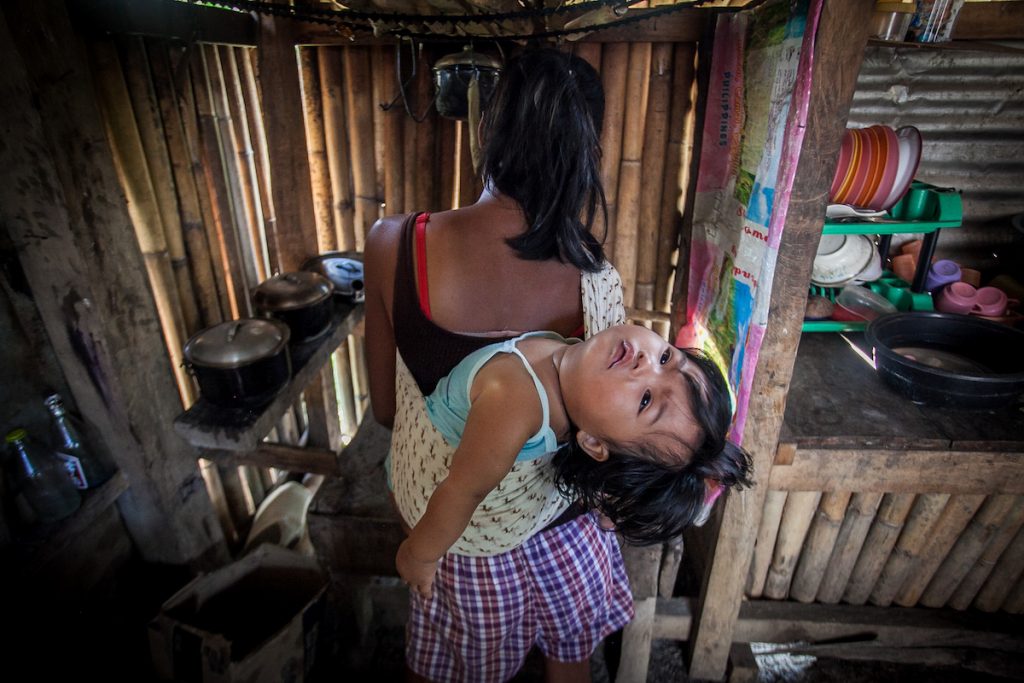
International humanitarian organization Oxfam lauded the Philippines’ House of Representatives for approving on “Second Reading” a bill that seeks to end child marriage in the country.
“We are one step closer to the finish line,” said said Oxfam country director Lot Felizco, adding that the passage of the landmark legislation “means a safer future for many Filipino children.”
“We need to fix the loopholes and ensure that the rights of our children are protected,” she said in a statement on Wednesday, September 1.
A bill addressing the legal loopholes that allow child marriage in the Philippines was already passed by the Senate last year. For the first time, its counterpart bill at the House of Representatives was approved on Second Reading.
The Second Reading is normally the first opportunity for a bill to be debated and is the stage where the overall principles of the bill are considered. If the bill passes Second Reading it is included in the Calendar of Bills for Third Reading and, if approved, goes to the Senate for concurrence.
In its statement, Oxfam noted that child marriage in the Philippines is deeply rooted in poverty and gender inequality.
“It traps women and girls in an unending cycle of poverty and deprives them of their health, education, well-being, and safety rights,” said Felizco.
Jeanette Dulawan, Gender Justice program manager of Oxfam in the Philippines, said “child marriage is a grave violation of human rights and a serious public health issue.”
Dulawan said Oxfam and its partner organizations would like to see the bill approved and enacted into law as soon as possible to protect children who are already in vulnerable situations due to the COVID-19 pandemic.
She said that “ending child marriage requires a coordinated multi-sectoral approach that will engage girls, boys, parents, teachers, national and local authorities and decision makers, and a broad range of other stakeholders.”
Oxfam has been lobbying that the proposed measure in the Philippine Congress must include a provision requiring duty-bearers to ensure that women and girls are not only consulted but are able to participate fully in all stages of decision-making.
Source: Licas Philippines
0 Comments